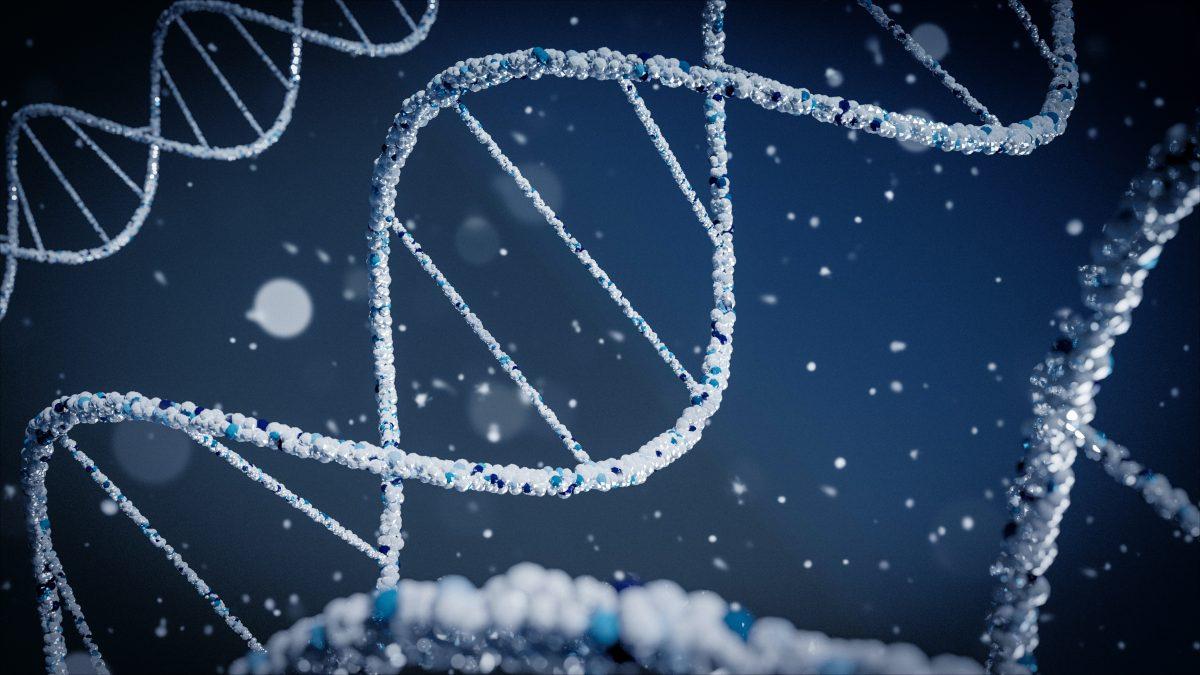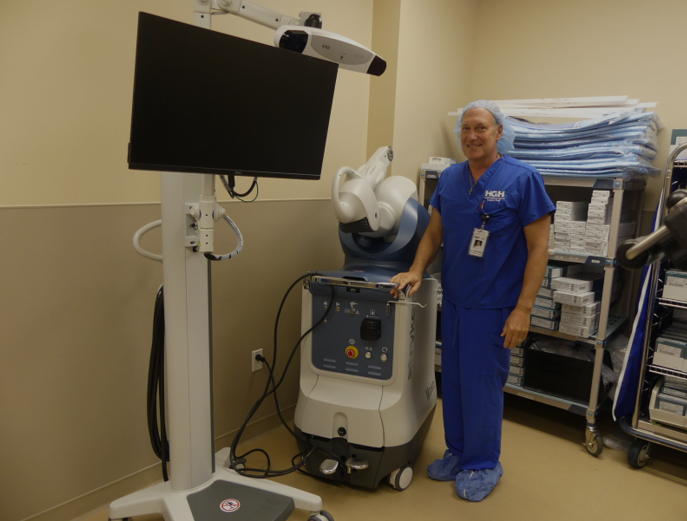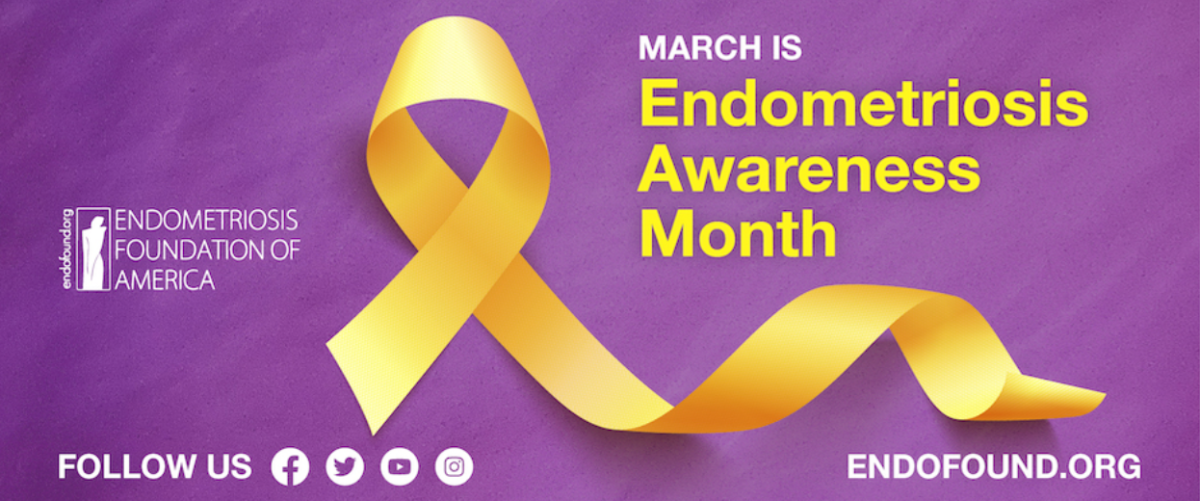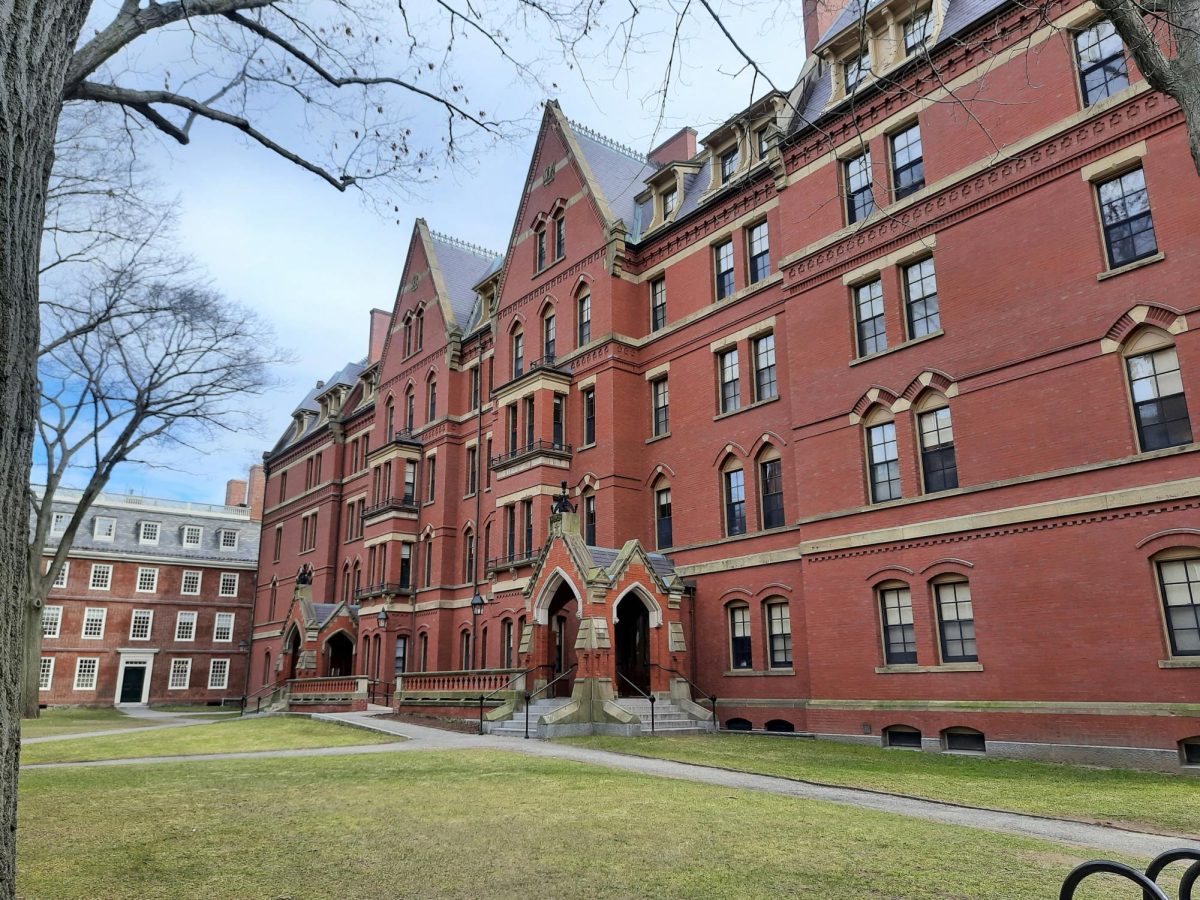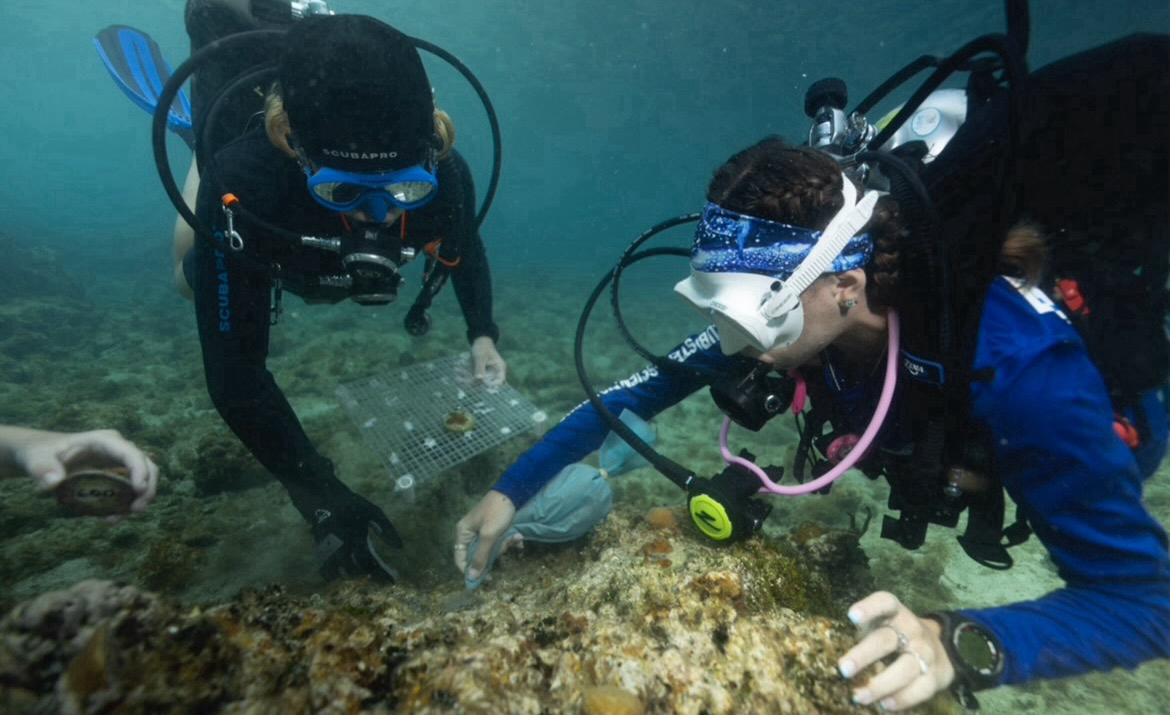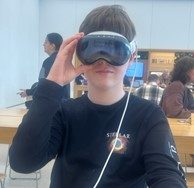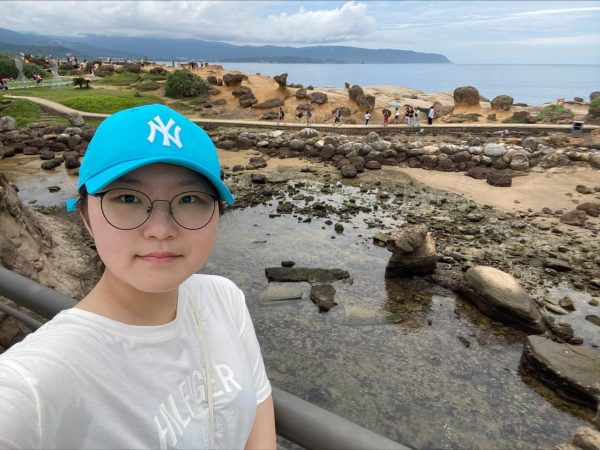Last year, Emmanuelle Charpentier and Jennifer A. Doudna were awarded the 2020 Nobel Prize in Chemistry for discovering a gene-editing technology that “rewrites the code of life”.
This technique, known as CRISPR/Cas9, has the ability to target and correct mutations in an organism’s genome by cutting out and altering specific genes. The discovery of this technique has allowed gene editing (ability to change an organism’s DNA) to be quicker, more accurate, and less costly than previously known methods.
Jessica Downs, who is the deputy head of the Division of Cancer Biology at the Institute of Cancer Research in the UK, said to the Science Media Centre in London, “it’s not an exaggeration to say that the technology that arose from Doudna and Charpentier’s discoveries has revolutionized the field.”
Despite the enthusiasm, CRISPR/Cas9 has caused much ethical controversy. Considering the current limited knowledge of genetics and the human genome, it seems to some that experimentation in humans is too risky and could present problems to future generations. In addition to uncertainties, there is also ethical skepticism surrounding the legitimacy of humans in genome editing as well as concerns related to the possibility of worsening ongoing social issues.
One of the most significant ethical problems related to the use of CRISPR/Cas 9 in humans is its lack of accuracy. While the technology is a great advancement compared to past gene editing techniques, CRISPR does not have the ability to repair edited sections of DNA that it has cut out. Once a particular section of a DNA strand is removed, the repairing of that section (which is crucial for the cell’s survival) is out of reach for the scientists. As a result, edited DNA strands will each develop a uniquely different mutation in the area of the genome that was removed. This inability to control reparation factors is a problem in safety because it can cause unwanted mutations through problems such as the insertion of another organism’s DNA into the altered genome.
An example of such a situation is a case in 2016, when a company named Recombinetics created two hornless cows that were supposedly made through accurate gene editing. However, the Food and Drug Administration (FDA) found that both cows contained antibiotic resistance genes where editing had taken place. This mutation had occurred unintentionally and forced the closure of a breeding system that had utilized this technology.
Similarly, in a study involving mouse oocytes (immature eggs), researchers noticed the abundance of unique arrangements of a DNA strand that was inserted into the edited site of each mouse’s genome. In one of the experiments, as many as 30 out of 49 mice had more complex versions of the DNA. These complications had gone mostly unnoticed by analysis methods, showing the possible cause “which led to a high rate of falsely claimed precisely edited alleles,” as stated by the researchers.
In addition to questions about the accuracy of CRISPR/Cas9, there are many uncertainties about gene editing, particularly with human germline (sex cell) editing. Because gene editing has not been used until recently, scientists are unaware of its long-term effects, especially with undeveloped embryos. Due to these uncertainties, scientists have called for a moratorium on human germline editing which is prohibited in many countries including the United States. It is a common belief in the field of science that editing the genome of an embryo intended for pregnancy is unethical at the current stage of genetic engineering.
Despite this, in 2018, a Chinese scientist named He Jiankui made a shocking announcement about his “proud achievement” in successfully creating the world’s first genetically edited babies. In response to this, scientists began to criticize his actions, calling them “monstrous” and “unethical”.
Among those critics was Claes Gustafsson, the secretary of the Nobel committee in chemistry and professor of biochemistry and biophysics at Stockholm University. He disapproved, telling CNN that “everyone has agreed that it [CRISPR/Cas9] cannot be used for germline engineering. You can’t make heritable changes to human DNA. That is far too uncertain at this point.”
He Jiankui was sentenced to three years in prison and banned from participating in human-assisted reproductive technology. But why is gene editing in embryos considered to be different from gene editing in somatic cells?
The answer lies within both the scientific and ethical perspectives of each modification. The most significant factor that creates a line between gene editing in embryos and somatic cells is their individual extent of effect.
Unlike gene editing in somatic cells where the modification only affects one individual’s genome, editing an embryo creates a genetic alteration that not only affects the individual, but also its future descendants. Such a situation has a higher risk if there is an unintentional mutation (which is a common consequence of gene editing), resulting in a more serious problem.
Besides current ethical controversies regarding the consequences of CRISPR/Cas9, there are also concerns about the future of gene editing. Some critics state that gene editing can worsen current social issues such as human rights and wealth inequality.
One major ethical concern is that gene editing can lead to a society where people are able to choose the characteristics of their offspring. This topic is especially controversial because perspectives often differ based on an individual’s ethical principles and religious beliefs. Some believe that manual selection of characteristics such as intelligence, appearance, and personality should not be a decision made by parents for their child. They argue that the genetic makeup of a child is a power beyond human ability and that it would be unethical for parents to “build” their child into someone they want without their child’s consent.
On the contrary, others argue that gene editing does not go against ethics since parents already have the authority to give their young children medical treatment and force them to participate in activities without their consent. In addition, gene editing can be crucial to some families who want to prevent certain genetic diseases from being passed on to their offspring.
While gene editing can help get rid of genetic diseases, it can also lead to the intensification of problems between social groups. Even when gene editing techniques may be made available to the general population, it is likely that treatments will be costly. This implies that treatment would be only available to wealthy individuals, and give them an advantage of having “superior DNA” compared to the poor (who are likely experiencing more health problems from the unavailability of treatments). If so, gene editing technology could further worsen economic inequality in parts of the world and consequently lead to the rise of new social classes based on the quality of an individual’s engineered genome.
Considering the possible issues that may arise from CRISPR/Cas 9, many say that it is important that scientists are careful to ensure that the advancement of scientific knowledge falls within ethical boundaries.

